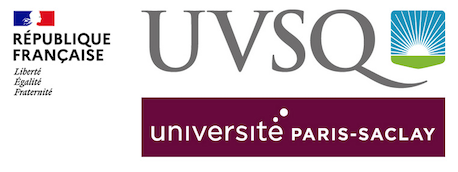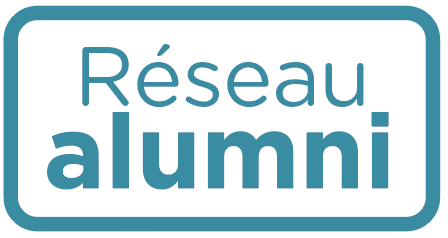Vous êtes ici : UVSQ FormationOffre de formations
- Partager cette page :
- Version PDF
Soft power
| Crédits ECTS | 3 |
|---|---|
| Volume horaire total | 24h |
| Volume horaire TD | 24h |
Langue(s) d'enseignement
Libellé inconnu
Responsables
John Dean
john.dean@uvsq.fr
john.dean@uvsq.fr
Objectifs
Relations internationales : la capacité d’influence et de persuasion non-belliqueuse des grandes puissances.
International relations: great powers’ influence and ‘soft’ persuasive capacities.
International relations: great powers’ influence and ‘soft’ persuasive capacities.
Contenu
Why would you be attracted to another nation, another culture? What would lead you there? Would it come from you or from some other, external force drawing you in to that other world?
Soft power is seduction on an international scale. As Voltaire said: "It is not enough to conquer; one must know how to seduce". (aka more authentically "C'est encore peu de
vaincre, il faut savoir séduire."). As any power globalizes by way of hard power -- via bureaucracy, commerce, war, joint ventures of a material kind -- that power must go hand in hand with social persuasion, public relations, sales promotion, hoopla, attractions of a spiritual kind i.e.: soft power.
In this course about this decisive, fascinating subject we shall look at a select variety of nations since World War two and examine how they have handled the intricacies of soft power. Among these nations shall be (in alphabetical order): China; the Christian, Jewish, and Islamic Worlds; our contemporary world's more potent "isms" and "ologies" (i.e., the ideologies of anarchism, communism, socialism, terrorism, Americanism, capitalism); France; Germany; Japan; the United Kingdom; the United States.
Obviously such a vast subject can only be covered decently if we concentrate our efforts. Which we shall do by way of key case studies. The exact focus of which shall be disclosed in our revealing first class of this exciting and highly relevant subject for today's ever-increasingly globalized world in the Age of Friction in which we now all live -- for better, worse, or something in between.
Soft power is seduction on an international scale. As Voltaire said: "It is not enough to conquer; one must know how to seduce". (aka more authentically "C'est encore peu de
vaincre, il faut savoir séduire."). As any power globalizes by way of hard power -- via bureaucracy, commerce, war, joint ventures of a material kind -- that power must go hand in hand with social persuasion, public relations, sales promotion, hoopla, attractions of a spiritual kind i.e.: soft power.
In this course about this decisive, fascinating subject we shall look at a select variety of nations since World War two and examine how they have handled the intricacies of soft power. Among these nations shall be (in alphabetical order): China; the Christian, Jewish, and Islamic Worlds; our contemporary world's more potent "isms" and "ologies" (i.e., the ideologies of anarchism, communism, socialism, terrorism, Americanism, capitalism); France; Germany; Japan; the United Kingdom; the United States.
Obviously such a vast subject can only be covered decently if we concentrate our efforts. Which we shall do by way of key case studies. The exact focus of which shall be disclosed in our revealing first class of this exciting and highly relevant subject for today's ever-increasingly globalized world in the Age of Friction in which we now all live -- for better, worse, or something in between.
Bibliographie
Sera précisée lors de la première séance.
Contrôles des connaissances
Les modalités seront précisées lors de la première séance.










 Etudiants
Etudiants